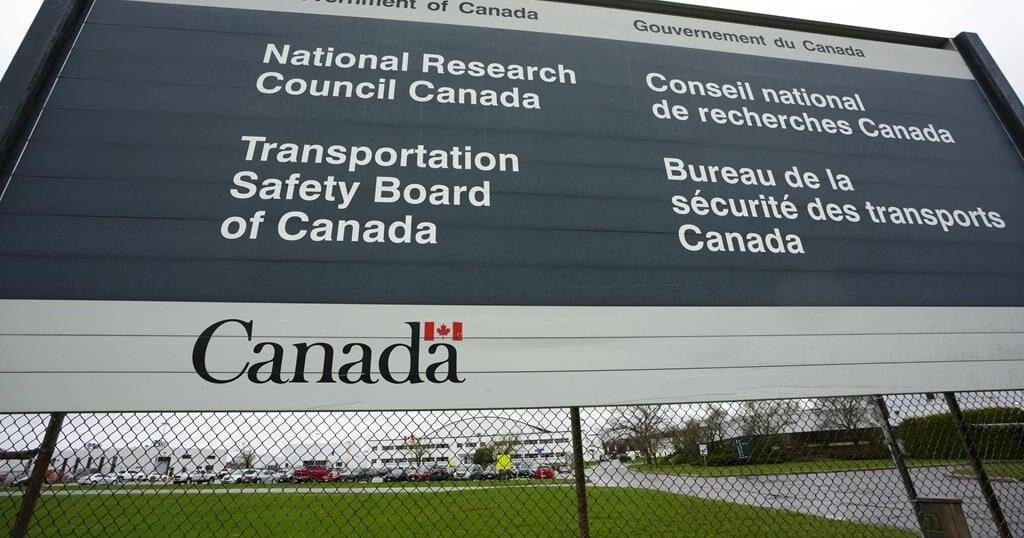The Supreme Court will hear an array of legal arguments involving social media’s free speech wars this term, with a series of dicey cases that could reshape how public officials and U.S. government agencies operate online.
On Tuesday, the court will hear oral arguments in the first two of those cases, both of which ask whether public officials can constitutionally block their constituents on social media — one of those cases, at its core, centers on a lakeside city manager in Michigan who decided he would block someone posting what he called “creepy” smiley emoji’s on his Facebook page, amid criticism of the manager’s COVID-19 response.
Two other cases, related to social media content moderation laws in Texas and Florida — and a third case involving communication between social media companies and Biden administration officials — will be heard later this term.
Technology cases have often left the justices grappling with the platforms at issue as much as the law at hand. Years ago, when questions over video games and First Amendment rights landed at the court, multiple justices were known to have played a violent video game to prepare to decide the case.
“We’re a court. We really don’t know about these things. You know, these are not like the nine greatest experts on the internet,” Justice Elena Kagan joked during a case last term involving Google.
Here’s what to know about the five cases this term that could reshape social media as we know it.
Public officials blocking constituents on social media
Kicking off the series of controversies, the justices Tuesday will hear a dual set of cases that ask whether public officials can block their constituents on social media.
The legal question has been bubbling up for years, and the high court previously had nearly decided it over concerns about blocks from former President Trump’s account on Twitter, the platform now known as X.
But the case was tossed as moot after Trump’s presidency ended, leaving the question unresolved for another day.
Now, the justices are poised to answer it once and for all, as they hear similar lawsuits brought against the city manager in Michigan and school board members in California, who blocked constituents after they wrote various critical comments.
The central question is whether the blocks should be considered “state action,” which makes them subject to the First Amendment.
The constituents contend that the First Amendment applies because the officials use their accounts to post about their job and update community members.
But the officials want the justices to adopt a narrower view, arguing their blocks aren’t state action because the officials weren’t exercising any actual state duty or authority.
“As this Court has recognized, an overly expansive state-action theory would be especially troublesome in the First Amendment context,” the Biden administration’s Justice Department wrote in court filings, backing both sets of local officials.
“Subjecting large amounts of the speech of government personnel to constitutional restrictions could both chill that speech and induce government employers to regulate the content of that speech more extensively. Those outcomes would undermine, not promote, First Amendment values,” the Justice Department’s brief continued.
State content moderation laws
Laws in Texas and Florida aiming to prohibit social media companies from banning users based on their political views — even if they violate platform policies — will come under the Supreme Court’s microscope later this term.
Two tech industry groups, the Computer and Communications Industry Association (CCIA) and NetChoice, challenged the laws in court, arguing that they violate private companies’ First Amendment right to decide what speech to host.
The high court agreed to hear the cases together after two lower courts, the 5th Circuit and 11th Circuit appeals courts, had conflicting opinions on blocking and upholding the similar laws.
The 11th Circuit upheld a block on major provisions in Florida’s law, siding with the tech industry groups that brought the case. But the 5th Circuit reached the opposite conclusion in the Texas case, writing that the First Amendment doesn’t guarantee corporations the “unenumerated right to muzzle speech.”
Biden’s Justice Department signaled support for the tech groups, writing in an amicus brief that the Supreme Court should overturn the 5th Circuit’s decision to uphold the Texas law.
Biden administration’s contacts with social media companies
The Supreme Court said earlier this month that it would consider a social media censorship case brought against Biden administration officials, after pausing an injunction ordered by the 5th Circuit appeals court until the justices decide the case on its merits.
Two attorneys general in Missouri and Louisiana brought the case, claiming the Biden administration’s efforts to curb misinformation online — particularly when it comes to the COVID-19 vaccine — by coordinating with social media companies is tantamount to a “campaign of censorship” by the government.
A federal judge sided with them in July, blocking government officials from contacting social media companies over “any manner the removal, deletion, suppression, or reduction of content containing protected free speech posted on social-media platforms.”
The appeals court sharply narrowed that ruling but still found that several agencies — including the White House, FBI and Centers for Disease Control and Prevention — likely violated the First Amendment by urging social media companies to take down specific content.
The Supreme Court issued the stay of the 5th Circuit’s ruling over the objection of Justices Samuel Alito, Clarence Thomas and Neil Gorsuch.
“At this time in the history of our country, what the Court has done, I fear, will be seen by some as giving the Government a green light to use heavy-handed tactics to skew the presentation of views on the medium that increasingly dominates the dissemination of news,” Alito wrote in his dissenting opinion. “That is most unfortunate.”
Any decision in the case could significantly change how false or misleading social media content is moderated — potentially ahead of the 2024 presidential election.
Copyright 2023 Nexstar Media Inc. All rights reserved. This material may not be published, broadcast, rewritten, or redistributed.
